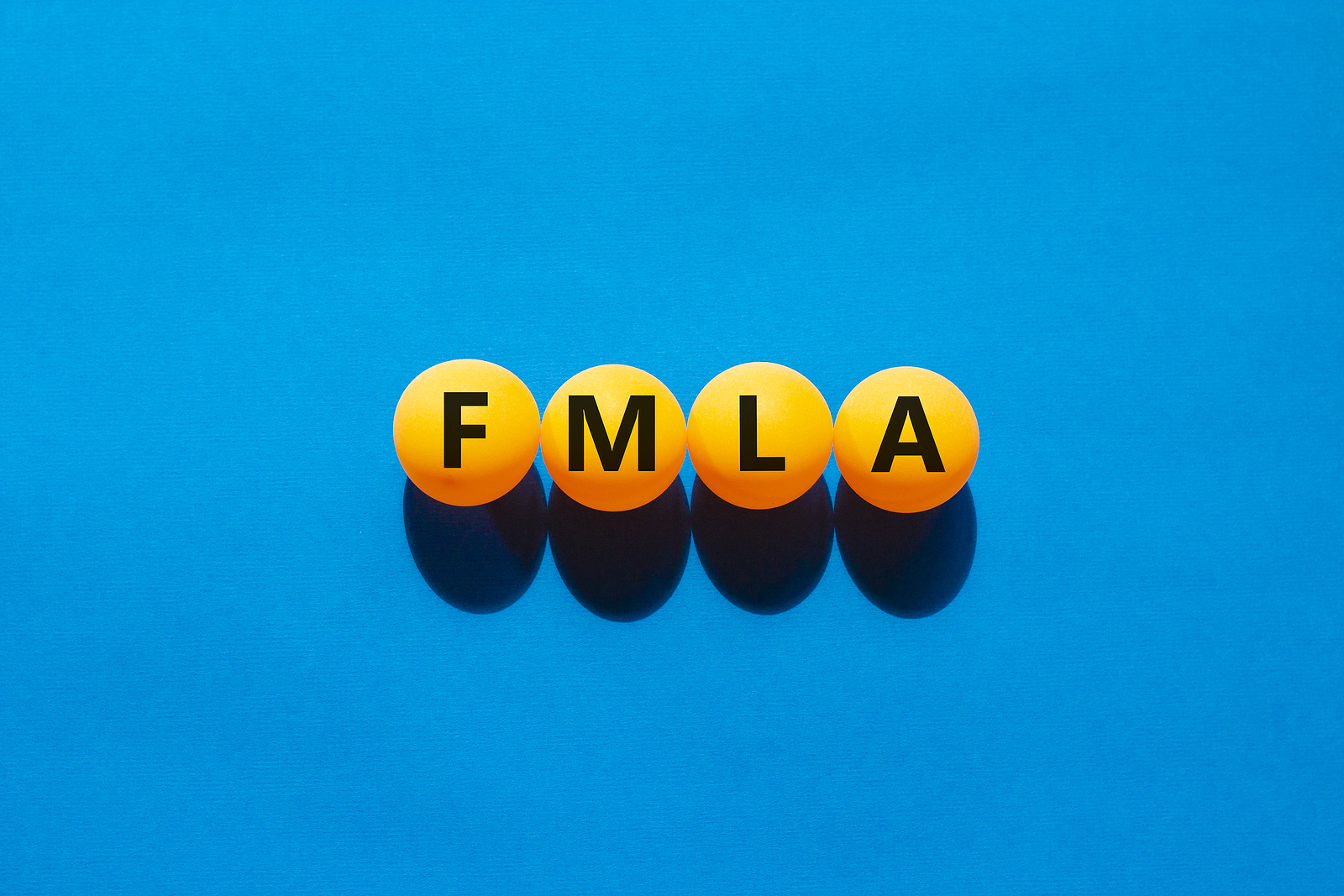| Relevant Downloads and Links | |
|---|---|
| Required Labor Law Posters | LINK |
The Family and Medical Leave Act (FMLA) entitles eligible employees of covered employers to take unpaid, job-protected leave for specified family and medical reasons with continuation of group health insurance coverage under the same terms and conditions as if the employee had not taken leave.
Coverage
One area of the FMLA that has been somewhat confusing for city officials is which employers and employees are covered under the law. While all cities are considered to be a covered employer by FMLA, many do not have a sufficient number of employees to be required to comply with FMLA leave requirements. In order to be eligible to take leave under the FMLA, an employee must:
- Work at a location where the employer has 50 or more employees within 75 miles.
- Work for a covered employer.
- Have worked 1,250 hours during the 12 months prior to the start of leave.
If a city has eligible employees, information concerning FMLA entitlements and employee obligations under the FMLA must also be included in the city’s employee handbook or personnel policies.
FMLA Requirements Applicable to All Cities
Because all cities are considered to be covered employers they are required to post a notice that explains the provisions of the FMLA. This posting has to occur regardless of whether the city has any eligible employees or not. The notice must be posted in a conspicuous place where it can be readily seen by employees and applicants. A copy of the required posting can be found at the U.S. Department of Labor Web site.
Benefits
The FMLA provides eligible employees up to 12 workweeks of unpaid leave a year for certain qualifying events. Generally, leave under the FMLA is unpaid. However, a city may require an employee to substitute accrued paid leave (vacation or sick leave) for FMLA leave. A city should have a written policy regarding how such leave and use of compensatory time off will be treated. The law also requires group health benefits to be maintained during the leave as if employees continued to work instead of taking leave. Employees are also entitled to return to their same or an equivalent job at the end of their FMLA leave.
Qualifying Events
Not all medical and family situations qualify for FMLA leave, so it is important to check with your city attorney and/or the U.S. Department of Labor if any questions arise. A covered employer must grant an eligible employee up to a total of 12 workweeks of unpaid, job-protected leave in a 12 month period for one or more of the following reasons:
- For the birth of a son or daughter, and to bond with the newborn child.
- For the placement with the employee of a child for adoption or foster care, and to bond with that child.
- To care for an immediate family member (spouse, child or parent – but not a parent “in-law”) with a serious health condition.
- To take medical leave when the employee is unable to work because of a serious health condition.
- For qualifying exigencies arising out of the fact that the employee’s spouse, son, daughter or parent is on covered active duty or call to covered active duty status as a member of the National Guard, Reserves or Regular Armed Forces.
Intermittent Leave
An employee may take leave under the FMLA intermittently. Intermittent leave is only required to be given by an employer if: (1) medically necessary due to the serious health condition of a covered family member or the employee; (2) medically necessary due to the serious injury or illness of a covered servicemember; or (3) necessary because of a qualifying exigency. While an employee generally must receive permission from the employer to take intermittent leave for the birth of a child, an employee with a pregnancy-related illness may take leave intermittently for a serious health condition.
Military Service
In 2008, the FMLA was amended to provide employees with family members serving in the Armed Forces, National Guard and Reserves with FMLA leave for reasons related to their family members’ military service. In 2010, the FMLA was again amended, expanding the military-related leave protections. The military leave rules grant an employee who is eligible for leave under the FMLA up to 26 weeks of unpaid leave to care for a family member (spouse, child, parent, or next-of-kin) who is in the armed forces and who is undergoing medical treatment, recuperation or therapy for a serious illness or injury. The new rules also allow an eligible employee to take up to twelve weeks of unpaid FMLA leave for a qualifying exigency that arises because a family member is on active duty or has been notified of an impending call or order to active duty in support of a contingency operation.






